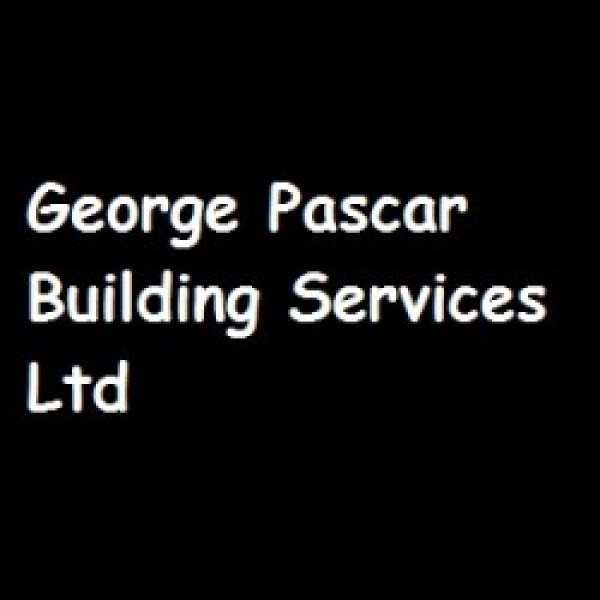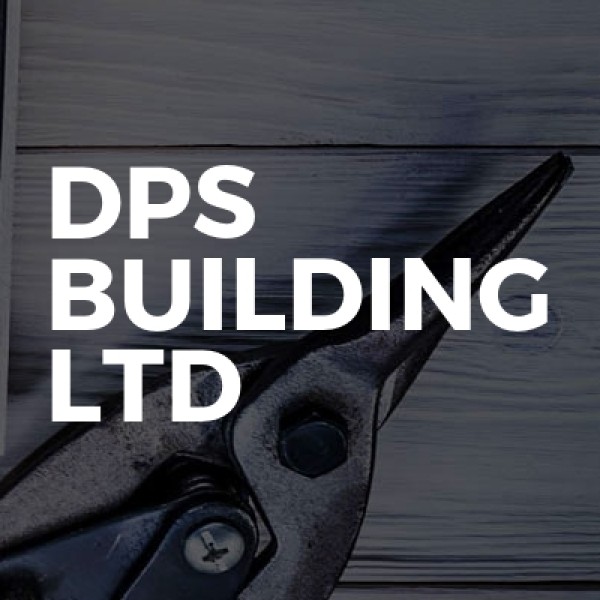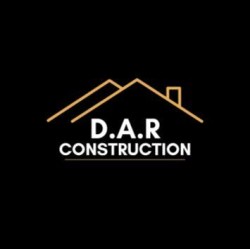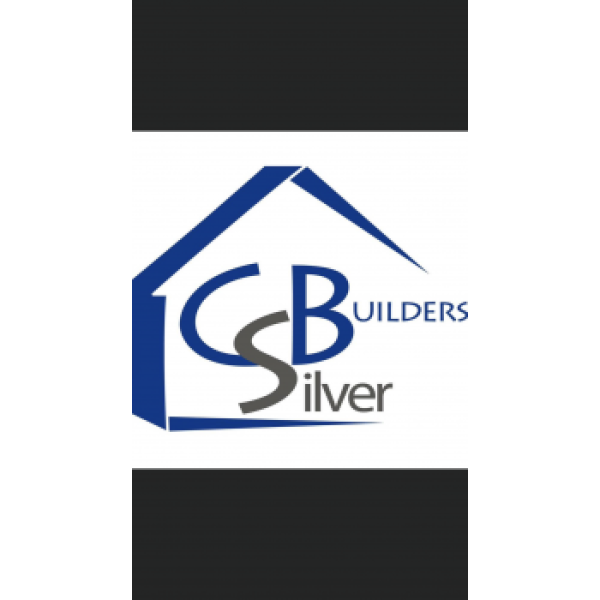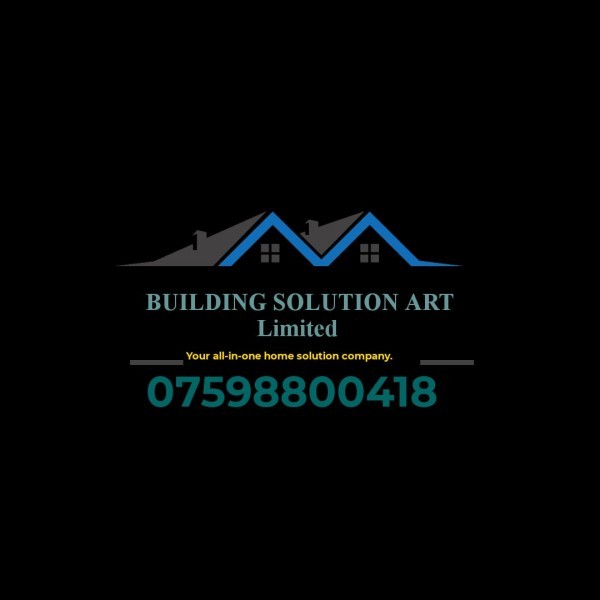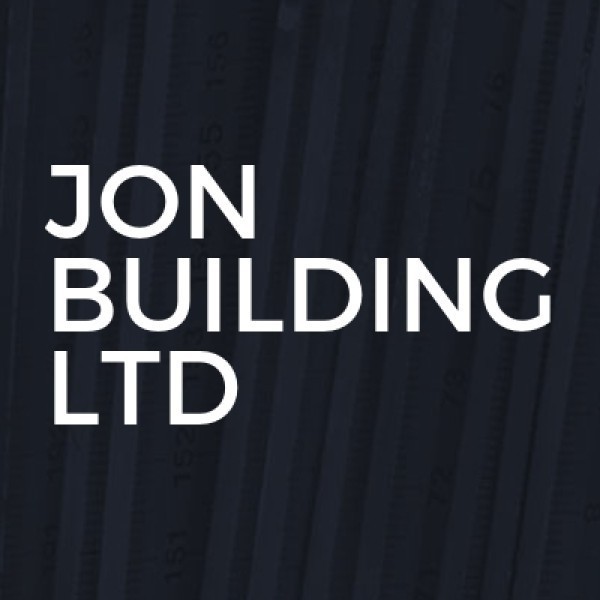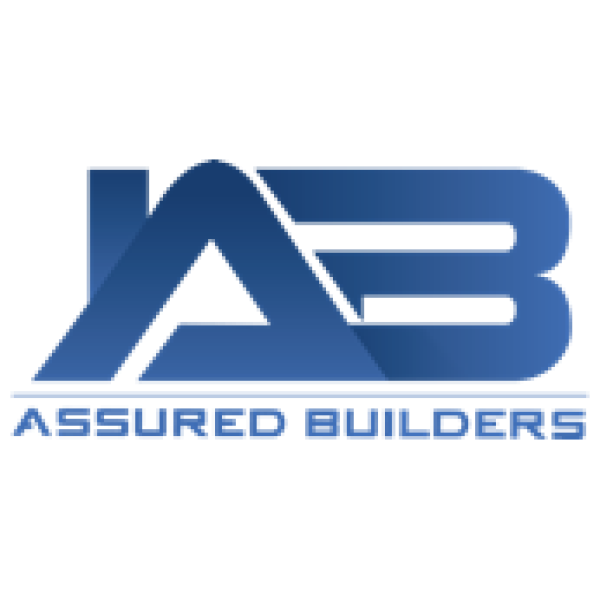Loft Conversions in Stoke Newington
Search Loft Conversions in places nearby
Understanding Loft Conversions in Stoke Newington
Loft conversions in Stoke Newington have become increasingly popular as homeowners seek to maximise their living space without the hassle of moving. This vibrant area in North London offers a unique blend of historical charm and modern convenience, making it an ideal location for such home improvements. In this article, we'll explore the ins and outs of loft conversions, providing you with a comprehensive guide to transforming your attic into a functional and stylish living area.
Why Choose a Loft Conversion?
Loft conversions offer a myriad of benefits, making them an attractive option for many homeowners. First and foremost, they provide additional living space, which can be used for various purposes such as a bedroom, office, or playroom. This is particularly beneficial in Stoke Newington, where property prices are high, and moving to a larger home may not be feasible for everyone.
Moreover, a well-executed loft conversion can significantly increase the value of your property. According to property experts, a loft conversion can add up to 20% to the value of your home, making it a wise investment. Additionally, loft conversions are often more cost-effective than building an extension, as they utilise existing space within the home.
Types of Loft Conversions
There are several types of loft conversions to consider, each with its own set of advantages and limitations. The most common types include:
- Velux Loft Conversion: This is the simplest and most cost-effective type of conversion, involving the installation of Velux windows to bring in natural light. It doesn't require significant structural changes, making it ideal for lofts with ample headroom.
- Dormer Loft Conversion: This involves extending the existing roof to create additional floor space and headroom. Dormer conversions are versatile and can be adapted to suit various property styles.
- Mansard Loft Conversion: This type of conversion involves altering the roof structure to create a flat roof with a steep back wall. It offers the most space but is also the most complex and costly option.
- Hip to Gable Loft Conversion: Suitable for semi-detached or detached homes, this conversion involves extending the hip end of the roof to create a gable wall, providing more internal space.
Planning Permission and Building Regulations
Before embarking on a loft conversion in Stoke Newington, it's crucial to understand the planning permission and building regulations involved. In many cases, loft conversions fall under permitted development rights, meaning you won't need planning permission. However, there are exceptions, particularly if your property is in a conservation area or is a listed building.
Regardless of planning permission, all loft conversions must comply with building regulations to ensure safety and structural integrity. These regulations cover aspects such as fire safety, insulation, and structural stability. It's advisable to work with a qualified architect or builder who can guide you through the process and ensure compliance.
Designing Your Loft Conversion
The design of your loft conversion is a crucial aspect that will determine its functionality and aesthetic appeal. Start by considering the purpose of the space and how it will be used. For example, a bedroom will require different design considerations than a home office.
Lighting is another important factor to consider. Natural light can be maximised through the strategic placement of windows and skylights. Additionally, consider the layout and flow of the space, ensuring that it is both practical and visually pleasing.
Finally, think about the overall style and decor of the loft conversion. Whether you prefer a modern, minimalist look or a cosy, traditional feel, ensure that the design complements the rest of your home.
Choosing the Right Contractor
Selecting the right contractor is essential for a successful loft conversion. Look for a contractor with experience in loft conversions and a strong portfolio of completed projects. It's also important to check references and read reviews from previous clients.
When meeting with potential contractors, discuss your vision for the loft conversion and ask for their input and suggestions. A good contractor will be able to offer valuable insights and help you make informed decisions.
Ensure that the contractor provides a detailed quote and timeline for the project. This will help you manage your budget and expectations, reducing the likelihood of unexpected costs or delays.
Cost Considerations
The cost of a loft conversion in Stoke Newington can vary significantly depending on the type of conversion, the size of the space, and the complexity of the project. On average, a basic loft conversion can cost between £20,000 and £40,000, while more complex conversions can exceed £60,000.
It's important to budget for additional costs such as planning permission fees, building regulation fees, and any unforeseen expenses that may arise during the project. Working with a reputable contractor can help you manage costs and avoid surprises.
Maximising Space and Storage
One of the key benefits of a loft conversion is the opportunity to maximise space and storage. Consider built-in storage solutions such as wardrobes, shelving, and cupboards to make the most of the available space.
Utilise the eaves and awkward corners for storage, ensuring that every inch of the loft is used efficiently. Custom-built furniture can also be a great way to maximise space and create a cohesive look.
Insulation and Energy Efficiency
Proper insulation is essential for a comfortable and energy-efficient loft conversion. Insulating the roof, walls, and floors will help regulate temperature and reduce energy costs.
Consider using eco-friendly insulation materials such as sheep's wool or recycled materials for a sustainable approach. Additionally, ensure that windows and doors are energy-efficient to prevent heat loss.
Enhancing Natural Light
Natural light can transform a loft conversion, making it feel bright and inviting. Consider installing skylights or roof windows to bring in as much natural light as possible.
Position windows strategically to maximise light throughout the day, and consider using light-coloured paint and decor to reflect light and create a sense of space.
Addressing Noise and Privacy
Noise and privacy are important considerations for any loft conversion. Soundproofing measures such as acoustic insulation and double-glazed windows can help reduce noise from outside and within the home.
Consider the layout of the loft conversion to ensure privacy, particularly if the space will be used as a bedroom or office. Use curtains, blinds, or frosted glass to maintain privacy without sacrificing natural light.
Safety and Accessibility
Safety and accessibility are paramount in any loft conversion. Ensure that the space is easily accessible with a safe and sturdy staircase. Consider the placement and design of the staircase to maximise space and functionality.
Fire safety is also a critical consideration. Ensure that the loft conversion complies with fire safety regulations, including the installation of smoke alarms and fire-resistant materials.
Adding Value to Your Home
A well-executed loft conversion can add significant value to your home, making it a worthwhile investment. To maximise the return on investment, focus on quality craftsmanship and design.
Consider the needs and preferences of potential buyers when designing the loft conversion, ensuring that it appeals to a wide range of people. A versatile and functional space will be more attractive to buyers and can increase the overall value of your property.
Common Challenges and Solutions
Loft conversions can present various challenges, but with careful planning and expert guidance, these can be overcome. Common challenges include limited headroom, awkward layouts, and structural issues.
To address these challenges, work with an experienced architect or builder who can provide creative solutions and ensure that the loft conversion meets your needs and expectations.
Frequently Asked Questions
- Do I need planning permission for a loft conversion in Stoke Newington? In many cases, loft conversions fall under permitted development rights, but it's essential to check with your local council, especially if your property is in a conservation area or is a listed building.
- How long does a loft conversion take? The duration of a loft conversion can vary depending on the complexity of the project, but on average, it takes between 6 to 10 weeks to complete.
- Can all lofts be converted? Not all lofts are suitable for conversion. Factors such as headroom, roof structure, and access can affect the feasibility of a loft conversion.
- What is the best type of loft conversion for my home? The best type of loft conversion depends on your specific needs, budget, and the existing structure of your home. Consulting with a professional can help you determine the most suitable option.
- How much does a loft conversion cost? The cost of a loft conversion can vary widely, but on average, it ranges from £20,000 to £60,000, depending on the type and complexity of the conversion.
- Will a loft conversion add value to my home? Yes, a well-executed loft conversion can add up to 20% to the value of your home, making it a worthwhile investment.
Final Thoughts on Loft Conversions in Stoke Newington
Loft conversions in Stoke Newington offer a fantastic opportunity to enhance your living space and add value to your home. With careful planning, expert guidance, and attention to detail, you can transform your loft into a functional and stylish area that meets your needs and complements your lifestyle. Whether you're looking to create an additional bedroom, a home office, or a cosy retreat, a loft conversion can provide the perfect solution for maximising your home's potential.




